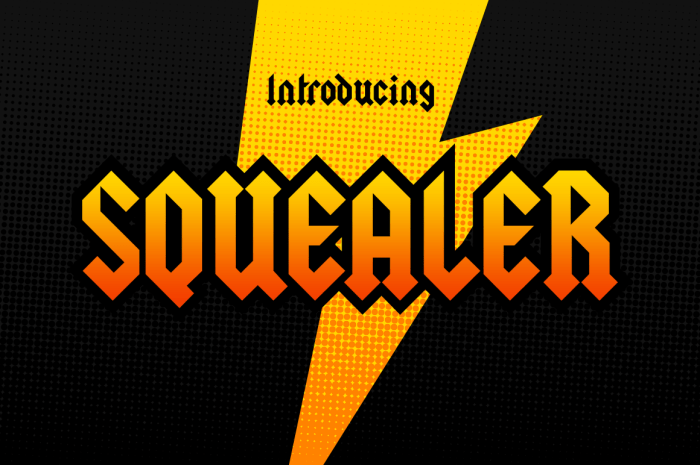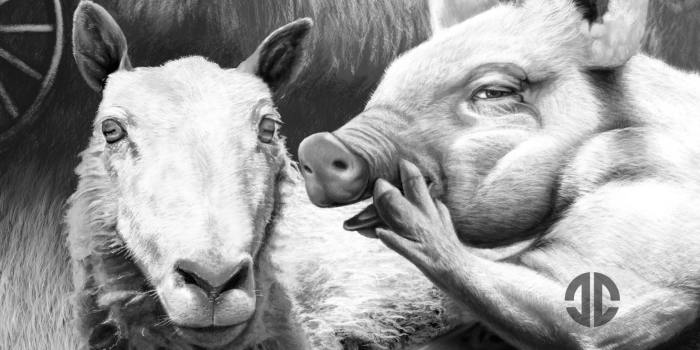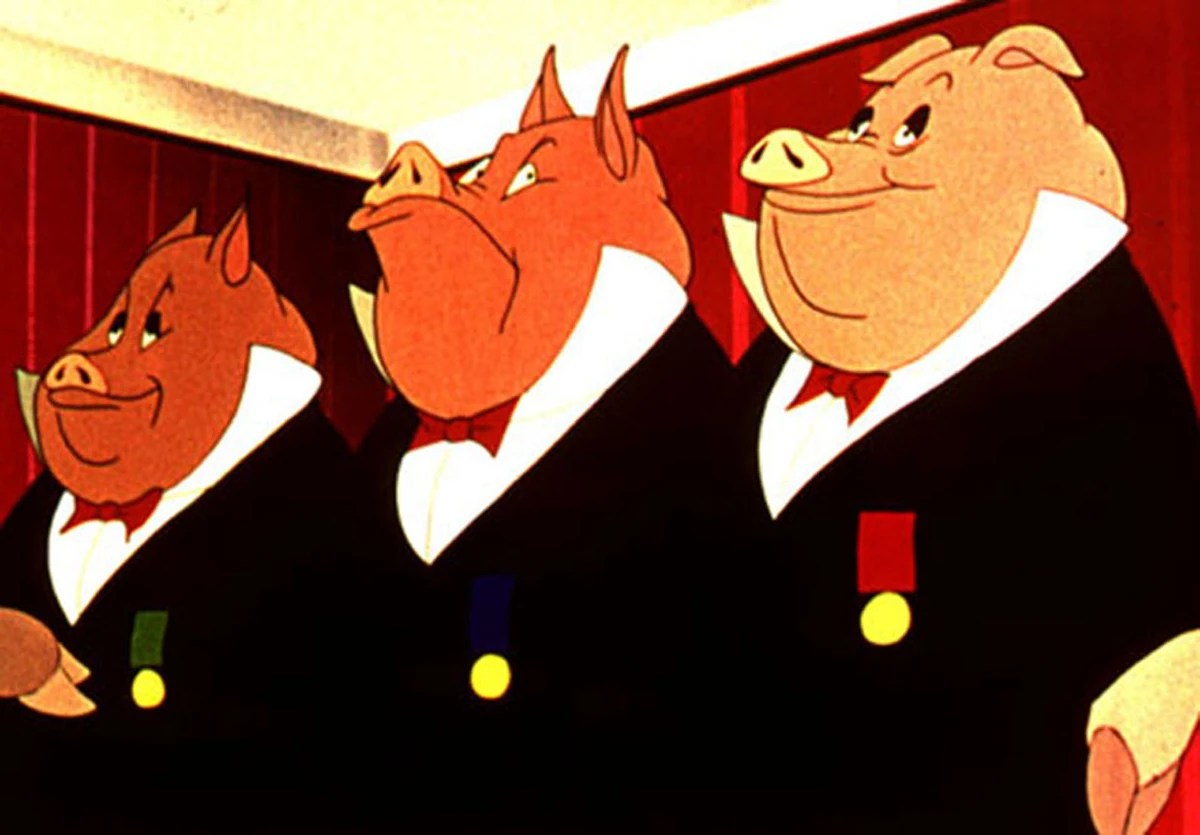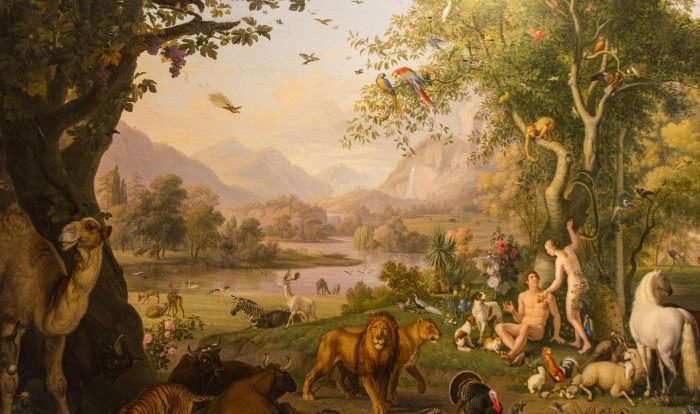Who is the scapegoat in animal farm – In George Orwell’s allegorical novella “Animal Farm,” the character of the scapegoat plays a pivotal role in shaping the story’s themes and plot. This essay will delve into the identity, motivations, and significance of the scapegoat in the novel, exploring its literary and historical context.
Who is the Scapegoat in Animal Farm?

George Orwell’s Animal Farmis a satirical novella that explores the dangers of totalitarianism. One of the key characters in the story is the scapegoat, who is used to blame for the failures of the regime.
Identify the Character Portrayed as the Scapegoat
The scapegoat in Animal Farmis Moses, the raven. Moses is a persuasive speaker who tells the animals about a mythical place called Sugarcandy Mountain, where they will be free from work and oppression. Moses’ stories provide the animals with a sense of hope, but they also serve to distract them from the harsh realities of life on the farm.
Moses is a classic scapegoat because he is an outsider who is different from the other animals. He is also a figure of authority who is able to manipulate the animals’ emotions. Moses’ actions align with the classic definition of a scapegoat because he is blamed for the failures of the regime and is used to distract the animals from the true source of their problems.
Explore the Author’s Purpose for Using a Scapegoat
Orwell’s likely intentions in creating a scapegoat character were to show how easily people can be manipulated by those in power. Moses is a symbol of the false hope that can be used to control people. He also represents the scapegoating that is often used by totalitarian regimes to blame others for their own failures.
Analyze the Impact of the Scapegoat on the Story’s Plot
The scapegoat plays a significant role in driving the events of Animal Farm. Moses’ stories about Sugarcandy Mountain help to keep the animals docile and prevent them from revolting against the pigs. However, Moses’ lies are eventually exposed, and the animals realize that he is a fraud.
This leads to a loss of faith in the pigs and ultimately to the animals’ rebellion.
Compare the Scapegoat to Other Literary Characters
The scapegoat in Animal Farmis similar to other scapegoat characters in literature, such as Judas Iscariot in the Bible and Shylock in Shakespeare’s The Merchant of Venice. These characters are all outsiders who are blamed for the failures of the group. They are also all figures of authority who are able to manipulate the emotions of others.
Discuss the Historical and Cultural Context of Scapegoating, Who is the scapegoat in animal farm
Scapegoating has a long history in human culture. In ancient times, scapegoats were often used to purify a community of its sins. In modern times, scapegoating is often used by totalitarian regimes to blame others for their own failures. The use of scapegoats can be a powerful tool for controlling people and preventing them from questioning the status quo.
Analyze the Symbolism of the Scapegoat
The scapegoat in Animal Farmis a symbol of the false hope and scapegoating that is often used by totalitarian regimes. Moses represents the lies that are used to control people and prevent them from revolting against their oppressors. He also represents the scapegoating that is often used to blame others for the failures of the regime.
Detailed FAQs: Who Is The Scapegoat In Animal Farm
Who is the scapegoat in “Animal Farm”?
Snowball, a pig who represents Leon Trotsky, is the primary scapegoat in the novel.
Why does the author use a scapegoat in the novel?
Orwell uses a scapegoat to illustrate the dangers of scapegoating and the manipulation of power.
How does the scapegoat impact the story’s plot?
The scapegoat drives the plot by creating conflict and tension among the animals and justifying the pigs’ increasingly oppressive rule.


